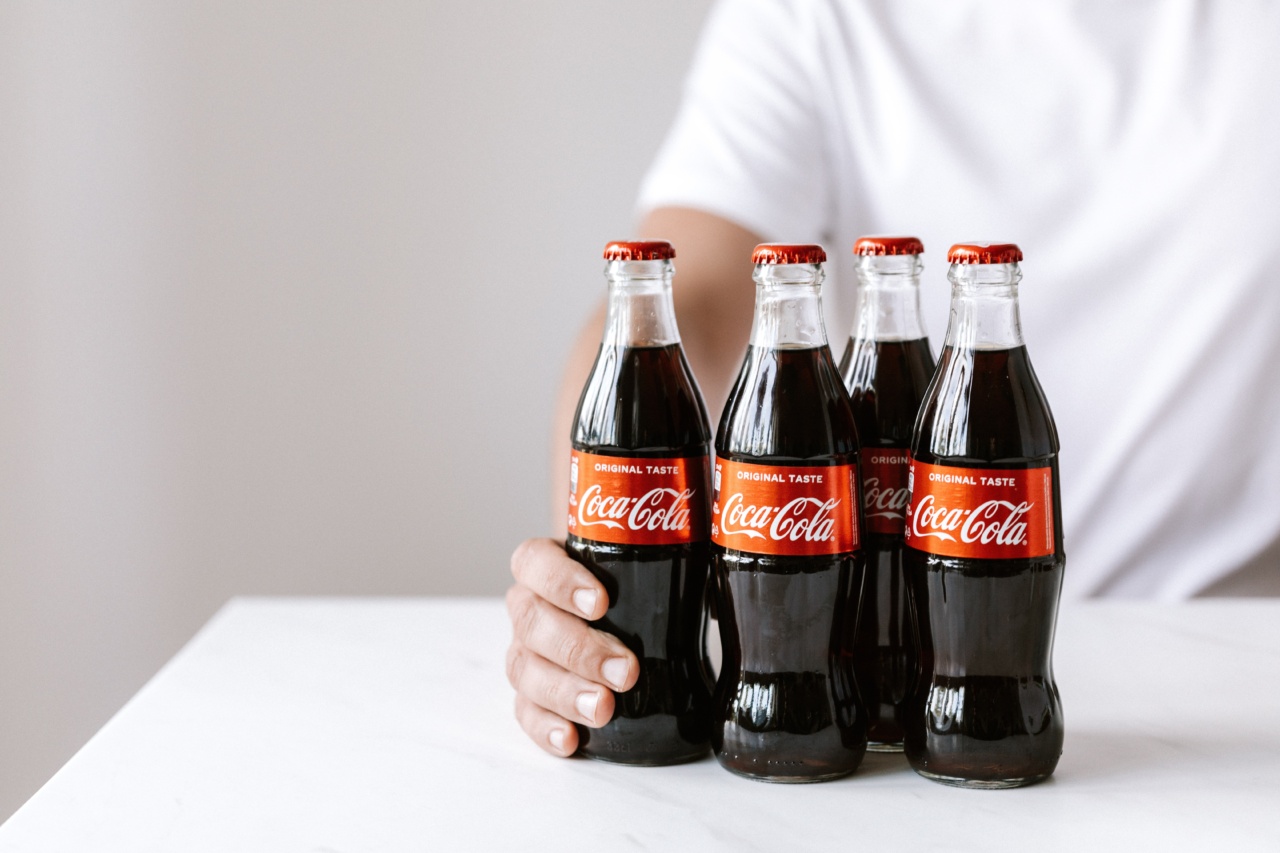For over a century, Coca-Cola has been an undeniable icon in the American beverage industry. This fizzy soft drink, with its classic red and white logo, is instantly recognizable around the world.
It has starred in countless advertisements, witnessed monumental moments in history, and even revolutionized the advertising industry. Here is a look back at the unforgettable history of Coca-Cola, the world’s most renowned soft drink.
The Origins of Coca-Cola
The story of Coca-Cola begins in 1886, when a pharmacist named John Pemberton was looking for a cure for headaches. He created a syrup that he mixed with carbonated water, creating a beverage that he believed had medicinal properties.
He called his concoction Coca-Cola, because it contained coca leaves (which contain the active ingredient in cocaine) and kola nuts (which contain caffeine). Pemberton initially sold Coca-Cola as a tonic to treat everything from headaches to impotence, but it was soon being consumed purely for its taste.
The Early Years of Coca-Cola
In the early years, Coca-Cola was only available as a fountain drink in soda fountains, cafes, and drug stores. But by the early 1900s, Coca-Cola was sold in bottles, which made it easier to distribute and more accessible to consumers.
At the same time, the company began investing heavily in advertising, using catchy slogans and memorable imagery to promote the soft drink. By the time Prohibition hit the United States in 1920, Coca-Cola had firmly established itself as a part of American culture.
The Rise of the Coca-Cola Brand
Coca-Cola grew rapidly during the 20th century, due in large part to its successful advertising campaigns. One of the earliest and most memorable slogans was “The Pause That Refreshes,” which was used in an ad campaign in the 1920s.
This campaign emphasized the idea that Coca-Cola was a way to take a break from the pressures of daily life and find refreshment.
Throughout the decades, Coca-Cola continued to innovate with its marketing campaigns, using television commercials, billboards, and even sponsoring the Olympics to promote the brand.
In the 1970s, the famous “I’d Like to Buy the World a Coke” commercial aired, which became one of the most iconic advertisements in history. This ad, which featured a group of young people singing about their desire to share a Coke with the world, became a symbol of unity during a time of social and political turbulence in the United States.
Controversies Surrounding Coca-Cola
Despite its success, Coca-Cola has not been immune to controversy. One of the most significant controversies occurred in the 1980s, when it was discovered that Coca-Cola had changed its formula and introduced a new product called New Coke.
This change was met with widespread outcry from consumers, who preferred the original formula. After only a few months, Coca-Cola relented and brought back the original formula as Coca-Cola Classic.
Coca-Cola has also faced scrutiny for its use of ingredients like high fructose corn syrup and phosphoric acid, both of which have been linked to health issues.
Additionally, the company has been accused of engaging in unethical practices such as using sugarcane grown by exploited workers in developing countries.
The Future of Coca-Cola
Despite the controversies and challenges faced by Coca-Cola, the brand remains one of the most successful and recognizable in the world.
Today, Coca-Cola is sold in more than 200 countries, and the company boasts a product lineup that includes Diet Coke, Sprite, Fanta, and many other popular beverages.
In recent years, Coca-Cola has focused on expanding its brand into new markets and experimenting with new products.
For example, the company has introduced new flavors of Coca-Cola like Cherry Coke and Vanilla Coke, as well as low-sugar alternatives like Coca-Cola Zero. The company has also embraced new technology, using social media and mobile apps to engage with consumers and promote its products.
In Conclusion
Coca-Cola is more than just a fizzy soft drink: it’s an American institution, and a symbol of global culture.
Through its innovative marketing campaigns, its enduring brand, and its role in shaping American history, Coca-Cola has become an inextricable part of our lives. And as the brand continues to evolve and adapt to the changing times, we can only imagine what it might do next.































